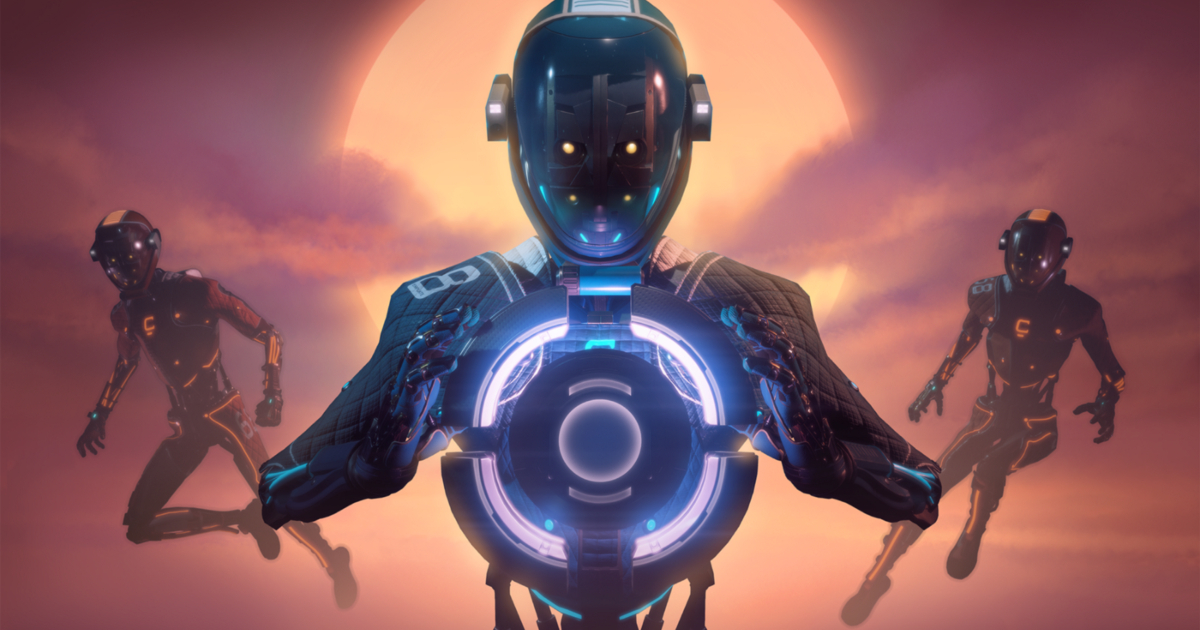id Software co-founder John Carmack has shared his thoughts on Meta’s decision to shut down its VR game Echo VR. The legendary developer explained why preservation is important and why every company should try to keep even their “dead” projects alive as long as possible.

Carmack, who left Meta last year to focus on his AI startup Keen Technologies, commented on the Echo VR shutdown in a statement to UploadVR.
First released in 2017 as Lone Echo for Oculus Rift, the game gained popularity on the scene and was followed up by a few spin-offs. Its developer, Ready at Dawn, was acquired by Meta in 2020, with the company recently announcing that the game’s servers and services will be shut down on August 1.
According to Carmack, it was the wrong decision as he believes “in saving everything.”
Even if there are only ten thousand active users, destroying that user value should be avoided if possible. Your company suffers more harm when you take away something dear to a user than you gain in benefit by providing something equally valuable to them or others. User value is my number one talking point by far, but 'focus' is pretty high up there as well, and opportunity cost is a real thing. founder of Keen Technologies
Here are three options that Carmack thinks every developer has instead of abandoning their project forever:
- Reduce support to the minimum. He cited id Software’s Quake Lake as an example, which was supported for many years despite its questionable profitability;
- Make a spin-off or sell the rights to another studio. There is a chance that some team members could see potential in the game and revive it in another form if they adjusted some metrics and made different decisions;
- Open source the project. This option might involve legal hazards, especially if some parts of the game’s codebase are licensed, but Carmack believes that Meta has enough resources to avoid these pitfalls.
The developer noted that Meta could at least keep Echo VR running with an “unsupported” banner until it dies itself. This would still be better than shutting down all servers and services entirely.
“Every game should make sure they still work at some level without central server support. Even when not looking at end of life concerns, being able to work when the internet is down is valuable,” Carmack said, adding, “Most of game development is a panicky rush to make things stop falling apart long enough to ship, so it can be hard to dedicated time to fundamental software engineering, but there is a satisfaction to it, and it can pay off with less problematic late stage development.”
John Carmack’s full statement can be read here.

